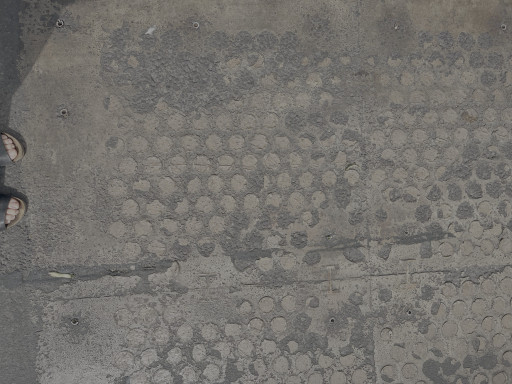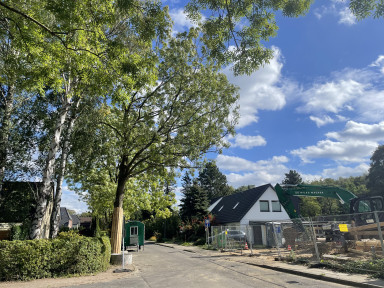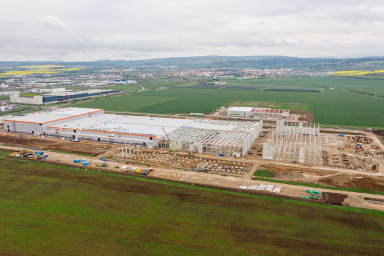Unsettling futures
Practicing urban planning within regressive future imaginaries
This PhD project examines how the growing influence of far-right mobilization shapes urban policy agendas, producing regressive urban future imaginaries and enacting them through planning practices that structure territorial formations. The goal is to understand the entanglements between local power structures and planning administrations in enabling specific – particularly, regressive – political agendas, whether emergent or latent, while also identifying openings for contestation. Drawing on urban geography, political sociology, and planning theory, the study adopts a praxeological perspective focused on the practices of urban planning professionals. Empirically, it investigates two German cities, primarily using institutional ethnography and qualitative interviews.
- far-right urban imaginaries
- regressive territorializations
- planning practices and politics
- urban planning administration
- institutional ethnography
Context
As established structures and certainties erode, societies are currently facing growing polarization and declining trust in democratic institutions and political processes. These shifts provide fertile ground for the growing influence of far-right mobilizations, which are increasingly shaping local power formations and policy agendas, as various actors operating within shifting dynamics adopt more regressive stances.1 Drawing on Rahel Jaeggi’s notion of regression as an experiential blockade and deficient mode of addressing structural deficits,2 I explore how such regression takes form in contemporary urban politics. This is particularly evident in changing visions for the future of cities. The urban environments we inhabit today are the result of past visions of the future, materialized through planning decisions. Today, it is crucial to understand how current regressive shifts intersect with planning practices and shape the making of urban futures.
Aims
The aim of the project is to analyse how regressive shifts in urban future imaginaries, shaped by local politics, materialize through planning practices and thereby structure territorial formations. Focusing on two mid-sized German cities, the project addresses the overarching research question: How do regressive shifts in contemporary urban future imaginaries shape urban professionals’ practices and their resulting forms of territorialization? The project operates along three analytical dimensions. First, it examines the transformation of urban future imaginaries, asking what visions of future urban spaces emerge within contemporary regressive shifts in local urban politics. Particular attention is given to the extent to which such imaginaries present themselves as having a seemingly progressive promise, and whether they draw on earlier or historical planning visions representing specific spatial and urban orders. Second, it focuses on urban professionals, asking how their practices adapt to these shifts. This includes examining the extent to which such professionals actively participate in these processes, refrain from them, or develop their own agency. Third, it investigates the production of regressive territorialization,3 asking what spatial outcomes result from urban professionals’ practices.
The project contributes, on the one hand, to research on far-right mobilizations by analysing how they materialize in urban contexts and at the local level. On the other hand, it contributes to urban planning research by bridging the missing link between the actions of planners and their entanglement with local politics – moving beyond the outdated view of planners as neutral intermediaries. Overall, it aims to understand the local and urban spheres as a setting conducive to far-right urban future-making, while also enriching practical knowledge about how planning administrations respond to regressive shifts and how planners can engage with them in ways that foster democratic and inclusive urban futures.
Research design
My research follows an inductive, qualitative, and praxeological design with two German case studies, selected according to: (1) evident political shifts, such as AfD electoral gains; (2) past or planned cooperation between the AfD and other parties; (3) geographical diversity; (4) a population of at least 100,000 to ensure diverse social, political, and economic structures while enabling close observation of local discourses; and (5) a central or emerging urban issue in which regressive urban imaginaries are addressed through planning. Using an ethnographic fieldwork approach,4 I maintain continuous reflexivity regarding my positionality in a politically contested field. Data collection proceeds in three phases: (1) document analysis to capture shifts in urban future imaginaries, (2) institutional ethnography and qualitative interviews to trace the practices of urban professionals, and (3) combined document analysis and ethnography to examine the production of regressive territorialization.
Supervisors:




